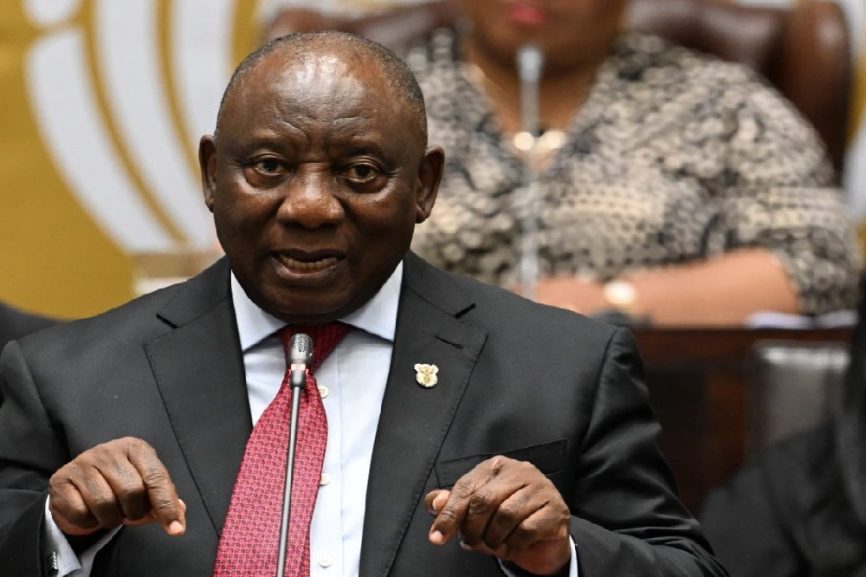- President Cyril Ramaphosa defended the National Dialogue in Parliament on Tuesday.
- He stressed that it is a citizen-led initiative, not controlled by government.
- DA Chief Whip George Michalakis challenged the dialogue’s legitimacy and outcomes.
- Ramaphosa said its purpose is to empower South Africans to shape national solutions.

President Cyril Ramaphosa has strongly defended the National Dialogue, describing it as a citizen-driven initiative designed to help South Africans collectively address the country’s toughest challenges.
Responding to questions in the National Assembly on Tuesday, Ramaphosa dismissed claims that the dialogue is an ANC project, insisting that the outcomes will be determined by ordinary citizens rather than government.
DA Criticism Over “Lack of Substance”
The defence came after DA Chief Whip George Michalakis challenged the dialogue’s purpose and effectiveness. The DA boycotted the dialogue in August, labelling it as lacking substance and dominated by the ANC.
Michalakis questioned whether the dialogue would truly deliver on national priorities such as job creation, poverty alleviation, and building a capable state. He also pointed out that several prominent foundations—including those of Thabo Mbeki, Steve Biko, and Desmond Tutu—had withdrawn from the process.
“If you couldn’t get everyone in the room to support this in the first place, how do you intend to do so now?” Michalakis inquired.
A Platform for National Consensus
In his response, Ramaphosa said he would not be drawn into the politics of who chose to withdraw, emphasising instead the broader purpose of the dialogue.
He declared, “This is not the President’s dialogue.” “The South African people demanded the dialogue and stated that since nation-building is enshrined in our Constitution, the President must call it.”
He praised the recent National Convention, a component of the dialogue, as a success. Delegates endorsed the creation of a steering committee to take discussions further.
Building on Historical Milestones
Ramaphosa framed the dialogue as a continuation of South Africa’s tradition of inclusive consensus-building, citing examples such as the Freedom Charter and the Constitution-drafting process.
He said the dialogue is a “moving process” that enables ordinary South Africans to propose solutions to issues such as economic growth, poverty reduction, job creation, and strengthening state institutions.
“The outcomes of the National Dialogue will be determined by the citizens of South Africa, not the President or the government,” Ramaphosa concluded.